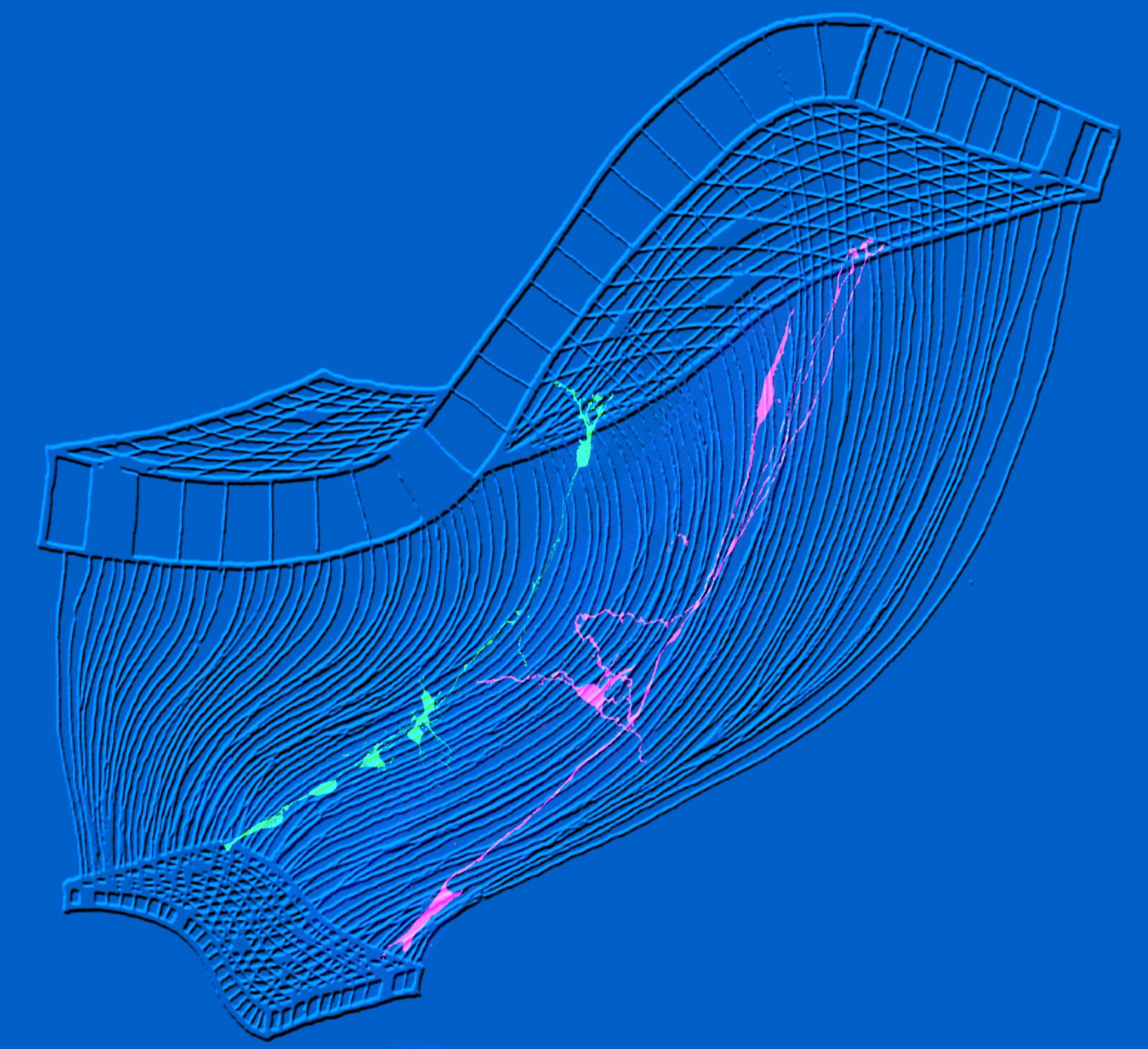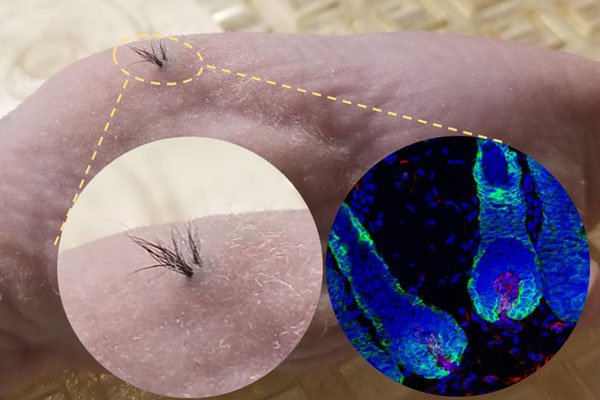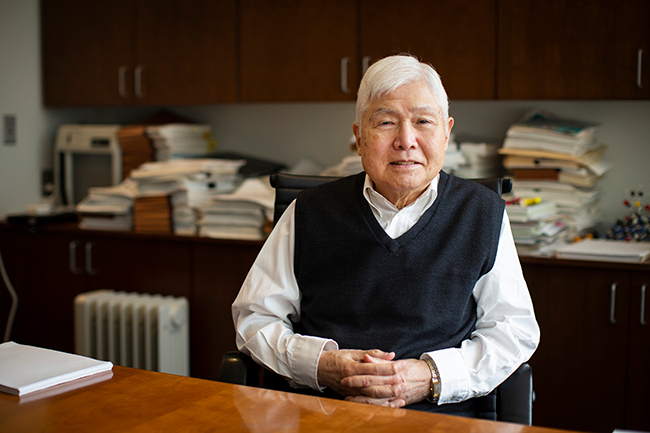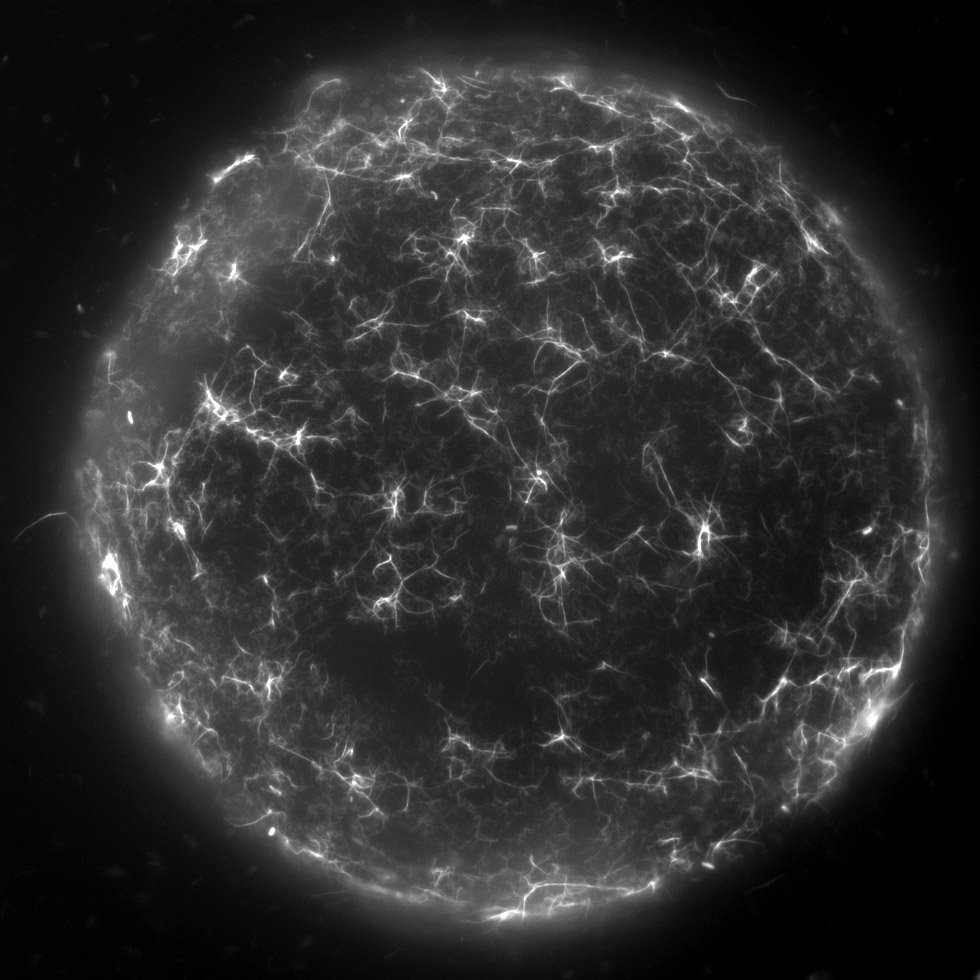The neuroscience of autism: New clues for how condition begins
UNC School of Medicine scientists unveiled how a particular gene helps organize the scaffolding of brain cells called radial progenitors necessary for the orderly formation of the brain. Previous studies have shown that this gene is mutated in some people with autism. The discovery, published in Neuron, illuminates the molecular details of a key process in … Read more









